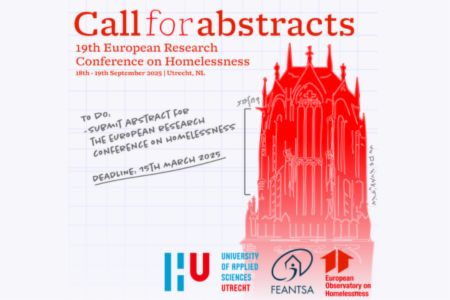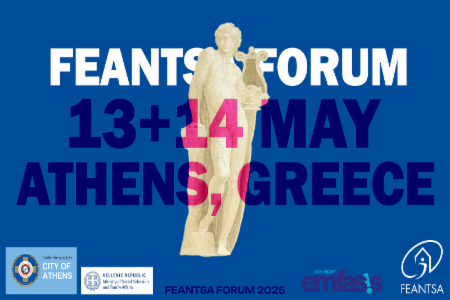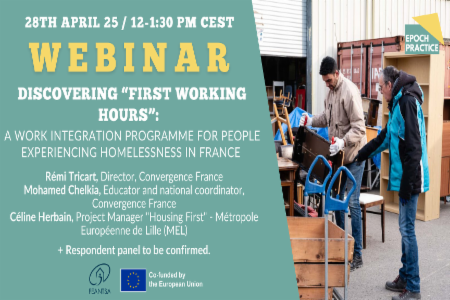 What is CANCERLESS
What is CANCERLESS
Cancer is one the leading causes of death in Europe in the general population with reports noting the cancer-related mortality twice as high in the homeless population. Reasons for this excess are linked to risky health behaviours as well as significant barriers experienced by homeless people when trying to access the often highly fragmented health care systems.
Timely and evidence-based preventive strategies, including optimising health care pathways provide a solution to the high cancer mortality. They could improve overall health outcomes in this underserved population. The CANCERLESS project aims to deliver an innovative solution as an aggregate intervention based on the combination of the tested Patient Navigator Model and Patient Empowerment Model to create the Health Navigator Model for Europe. The Health Navigator Model is an evidence-based patient-centred intervention that develops patient empowerment through health education and social support, promoting timely access to primary and secondary prevention services. CANCERLESS includes partner organisations with long-standing experience in working in health and social care for the homeless in the south, east, northwest and central Europe, and academic institutions and local governments. Using the Consolidated Framework for Implementation and the Research and the Reach, Effectiveness, Adoption, Implementation and Maintenance frameworks based on implementation science know-how, the CANCERLESS project aims to reduce the gap in health
inequalities for the homeless population. So, CANCERLESS reduces the cancer burden, which will, in turn, reduce associated costs across health and social care systems in Europe. Moreover, the CANCERLESS project aims to harness the transformative potential of the integrated care pathways in cancer as well as provide health and social care policy recommendations for the adoption and implementation of the Health Navigator Model across Europe.
CANCERLESS’ vision is to prevent cancer and allow for early diagnoses in the homeless population by delivering person-centred interventions to overcome health inequalities and facilitating timely access to quality cancer prevention and screening services for homeless people and leaving no one behind in Europe.
Our project aims to deliver evidence-based person-centred health care services to overcome health inequalities and facilitate timely access for the homeless to quality cancer prevention and screening services.
Partners
The consortium is made up of 11partners, 4 research partners, 2 public authorities (one of the social services and the other one of health), 2 NGOs, 1 Small and Medium Size Enterprises (SMEs) and 2 Non-profit International Networks. CANCERLESS partners have been chosen to ensure the full coverage of scientific, practical, social and technical competences. We gather the perspectives and experiences of different professionals necessary to develop comprehensive research, approaches, and protocols related to cancer prevention provision and policy making.
Thus, all the knowledge necessary to successfully execute the project is adequately covered by different types of actors:
- Researchers and academics provide CANCERLESS with a rich platform of academic excellence and innovation.
- Public authorities are key actors in designing and implementing comprehensive care for the homeless population, offering a public authority approach from social services and Autonomous Health Services. In addition, they will collaborate in the integration of the Health Navigator Model, facilitating access to cancer screening services.
- NGOs bring their experience with the most vulnerable groups in Greece and support the capacity building of services and professionals. Both ranges of experiences will be valuable in building a complete deployment experience.
- The participating SME will offer its experience in communication and dissemination of I + i, which will be truly relevant for the exploitation strategy of the CANCERLESS exits.
- Finally, the International Non-profit Networks will provide CANCERLESS with a vast network of organisations in the homeless field across Europe. It will be critical to achieving significant impact and outreach at the practice level.






